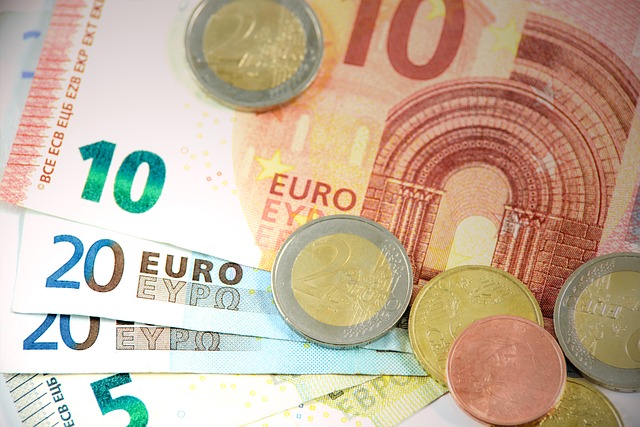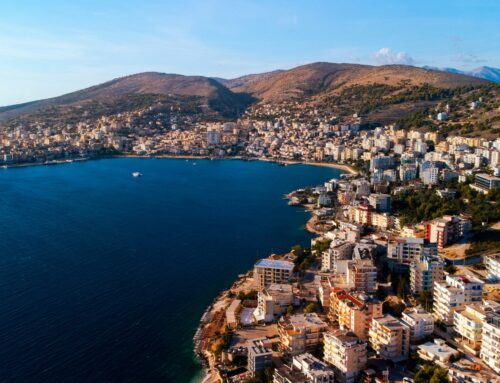The way for the introduction of the euro in Croatia on January 1, 2023 has been paved.
The European Commission already published the convergence report in the summer of this year. The report is published every two years and validates which EU member state can implement the euro as their currency.
In principle, all member states are obliged to introduce the euro; with the exception of Denmark – which has negotiated a separate rule.
Croatia is the only country that meets the necessary criteria
A total of seven member states are not yet in the euro zone: Croatia, Sweden, the Czech Republic, Bulgaria, Hungary, Poland and Romania. The Convergence Report examined the extent to which countries meet the requirements for the Euro.
The result: Croatia is the only country out of the seven to meet all economic convergence criteria:
– Price stability
– Sound public finances
– Exchange rate stability
– Long-term interest rates
On January 1st, the previous currency Kuna will be replaced by the Euro. One Euro will equal 7.53450 Croatian Kuna.
President of the European Commission, Ursula von der Leyen, welcomes the currency change in the popular holiday destination. The euro in Croatia will strengthen the euro as a whole, she says.
Bulgaria could be the next country to join the euro zone in 2024. It is still unclear whether it will turn out that soon. So far, the necessary price stability has been lacking in the south-east European republic, as the convergence report shows.
Source: European Commission; oeamtc.at (german)






